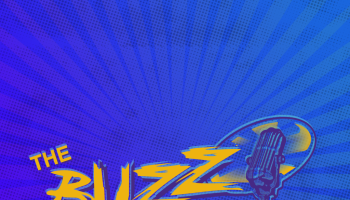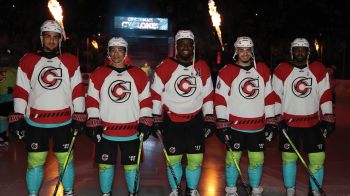via: Carl Quintanilla, CNBC.com
Shani Davis is in his element. At 23 years old, he’s a role model for kids at a Chicago high school, just a few blocks from where he grew up. “I’m not good at ping pong, I’m a skater!” he tells them.
He’s an African-American learning the largely “white” sport of speedskating and surviving the ridicule of his peers. “I was always different,” says Davis. “All my friends made fun of me.” He would run home after school to escape the gangs.”I considered it training,” laughs Davis. “I had to run pretty fast to get away from some of those kids.”
That “training” has made Davis a world champion. His 6’2″ frame is a powerful weapon on the long-distance track. But Davis — who trains in Canada, not Utah, like his teammates — remains an outsider. He’s uncomfortable in Olympic social circles and has refused to compete in U.S. “team skating” events, after being shunned, he says, by teammates at the Salt Lake City Games.
“They never really gave me a chance to show what I was made of, so I used that as fuel and it made me who I am now,” he says.
Who he “is” is largely due to his mother, Cherie, a single mom who worked two jobs to nurture her only child’s talent.
“I owe her everything,” says Davis. “When I was tired and didn’t want to get up, I would think about how hard my mom worked to get to where I’m at. And if she could do it, then why am I not doing the same thing that she would do?”
Davis says Torino is the first of many Olympics for him. But his eventual goal is to teach. “I would love to do something for the children out there,” Davis says as he does exercises with local kids and teaches them how to skate. “It’s hard to grow up in a big city and stay on the straight and narrow.”
Just like it’s hard to make Olympic history when you’re a little bit different, and your comfort zone lies somewhere else.














